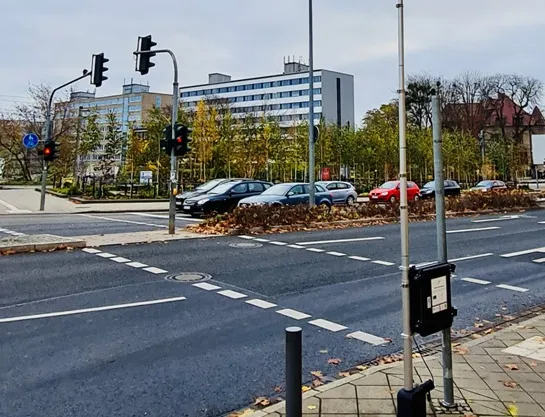
Traffic Technology has released the Argos AI portable traffic analyser, which the company says provides mobile traffic data collection with artificial intelligence and computer vision.
The battery-powered unit offers up to 48 hours of continuous use, and uses roadside computer vision to provide real-time classification of 10 classes of vehicles, from bicycles to multi-axle HGVs with trailers.
The system can be rapidly deployed, with on-site data validation and full GDPR compliance built in.
In addition to vehicle classification, it is designed to be used at traffic hubs, where it records turning behaviour; roundabouts, for origin/destination traffic surveys; and multi-lane roads, for vehicle volume.
Detailed evaluation of data is available with the web-based communication platform myTrafficdata 2.0.
Richard Toomey, Traffic Technology MD, says: “With true edge technology, data is available instantly without the need to transmit files to costly server farms or overseas processing facilities.”










